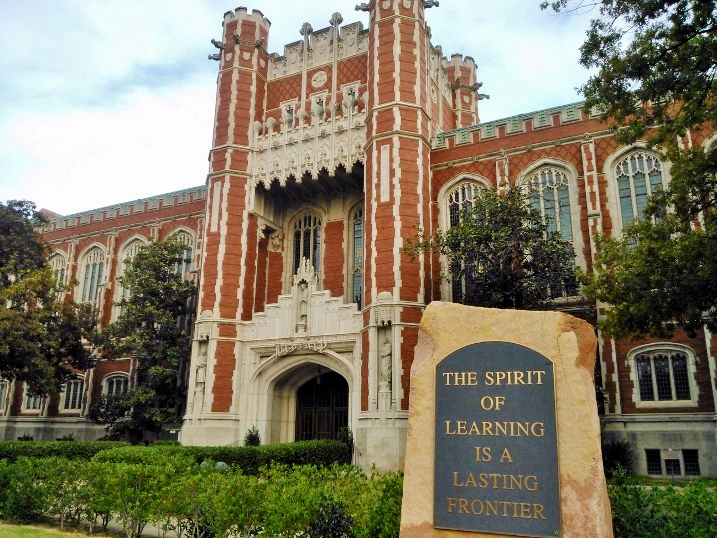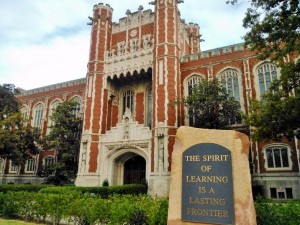“So, how does the world work?”
Each time I stepped into a lecture hall, classroom, or discussion circle, I hoped to be one step closer to answering this question. However, after graduation, I realized that I got the question all wrong. In fact, not only was it wrong, its was actually counterproductive to the entire purpose of learning.
Let me explain. After graduation, I found that I had two issues with this question. The first issue is with the term “works”, and the assumption that the world “works” with a coherent order. I’m increasingly convinced that among all variables that control and lead to anything, randomness may be the ultimate order. To me this means that the most we can do is can play our cards to maximize our odds.
The second and bigger issue with this questions comes with the implication that there is only one way of “working”. I discovered this issue recently, when I was thrown out of my comfort zone of environmentalists/minimalists and into a hungrier, wealthier and more “futuristic” crowd. The “futurists” and I have two different solutions to similar resource problems: they pushed for technology, while I preached for awareness. I was frustrated, and sometimes even angry, at the myopic techies thinking tools are the panacea, without considering the consequences that giving a select few even more power can cause. “Hell”, I’d exclaim, “we don’t even have a blueprint for a solution yet — what are we focusing on tools for?”
What really unsettled me, though, is not that they were wrong, but that they were right in many cases. The world could use more accessible technology and information access. Supply chains could be simplified and resources preserved and, yes, all this big data is shooting efficiency and transparency through the roof. But, these ideas often contradicted my vision of the future.
The world doesn’t work in two contradicting ways. Does it?
I’ve come to realize that I can’t get my “purpose of education” question answered with real life evidence, because I’m asking the wrong question. Instead, the better question is, “how can the world work?”
The purpose of education is to expand the “can”. Any field of study, be it history, physics, chemistry, sociology, or art, gives one perspective to explain a particular story. In short, school teaches precedents and proofs that confirm how the world can work, and the problem arises when one perspective becomes too confident and says “this is how the world works.”
The danger of “is” rather than “can” comes in its implication that one theory is enough to explain how things came to be. This prevents a deeper understanding of the problem, and halts a search for other possible solutions that complement a greater understanding of the world.
Take world hunger, for example. Why does it happen?
1) Too many people and shortage of arable land
2) Inefficient food distribution system causes waste
3) Too many corn-eating cows
4) People in third world countries can’t farm for themselves because they’re planting coffee and biofuels, and are busy in developed countries’ factories, so they import processed food from the US.
All of the above are just some of the causes of world hunger — no one educated on this topic would claim that there is just one factor to consider. Just like there are many ways to stumble into a dilemma, there are many ways to walk out of it as well. Veganism, petri-dish meat, or trade-isolation are not, when taken alone, the solution to hunger; nor can one solution fix any other major challenge we face.
As we go about our busy lives, the absolute truth doesn’t seem as important as the axioms that makes the most sense to us. And as a hopeful change-maker, I love learning principles and precedents because they show what is possible rather than what is fact, and this possibility is what keeps me pushing.
I tend to say “hindsight is 20/20 not because one mistake makes us that much wiser, but because life has no way of proving your hindsight wrong.” And your vision of the future is based on how you think the present came to be—aka, all those hindsight lessons. And truth be told, it’s probably as limited and skewed as mine. But, that’s okay. For the world can work in contradicting ways.
When the future actually comes, it will be contradictory, messy, illogical and packed with new problems. But, by understanding that everything we know as fact is merely a proven possibility, we will hopefully be more open to our challenges, and more courageous in our pushes.


